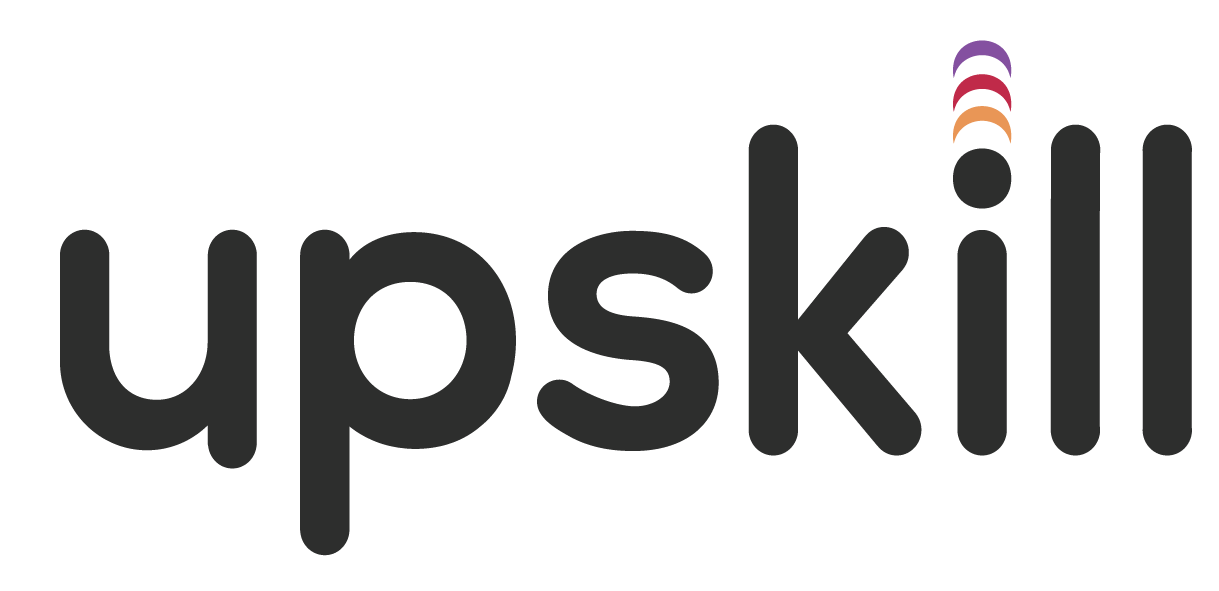For many decades we often sacrificed our health in order to acquire wealth, just to have it completely turned upside down within weeks due to the Covid-19 pandemic. Which leaves me with the question:
What should really count? How do we look at the intersections of our lives and how we relate to these?
It is through this reflection that I derived at some of gifts that the pandemic and time of isolation brought us. Amidst the devastation of lost lives and economic catastrophe. For me, this time of heighten anxiety brought a deepened awareness of the interconnectedness of our world. What happens in Italy today will affect me here in South Africa tomorrow.
What the president of any one country decide to do regarding the Corona virus, will reflect in your and my life. The outcome of every country’s management of this virus, will spread to each and every corner of the world. Just as the virus spread within days through the international airports of the major cities of our global village.
Let’s look at how the different aspects of our well-being are interconnected: physical, mental, spiritual, relational, financial, intellectual, cultural and environmental. Not one of these aspects of our human state can operate in isolation. It will have an impact on all the other areas of our life.
Often, we think only of the negative impact, but how about if we turn our focus on that which is good in our life. If we focus on how wellness in these different aspects of our being can support those aspects that are suffering. For example, if our relationships are in a good place it can support us during financial difficulties.
When we feel emotionally safe in our relationships, we have the resilience to explore alternatives and to find innovative solutions for challenges. Identify what aspects of your life still holds joy for you. What supports you in this time of change? Our inner and external worlds are inter-connected. Each of these will impact each other for better and for worse.
At the moment most of us are having to organise our time and physical space in new ways. During this period of changed time allocation, it will serve us well to allot some time to reflect on how we connect to ourselves, but also to others.
Let us direct the gift of reflection towards how we engage with our work in order to create financial security. Let us not forego this incredible gift that this time of physical distance offer us.

I would like to leave you with the following questions:
- What is the impact of your relationship with your work on your personal well-being?
- What affect do you have on the well-being of others?
- What is it that you need to address or change in order to enable well-being for yourself and those you work with?
What do you need to thrive instead of just survive? We have one life, let’s make the most of it. Make it count.

